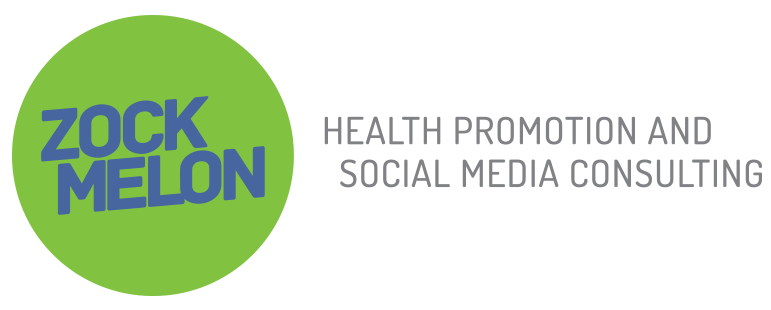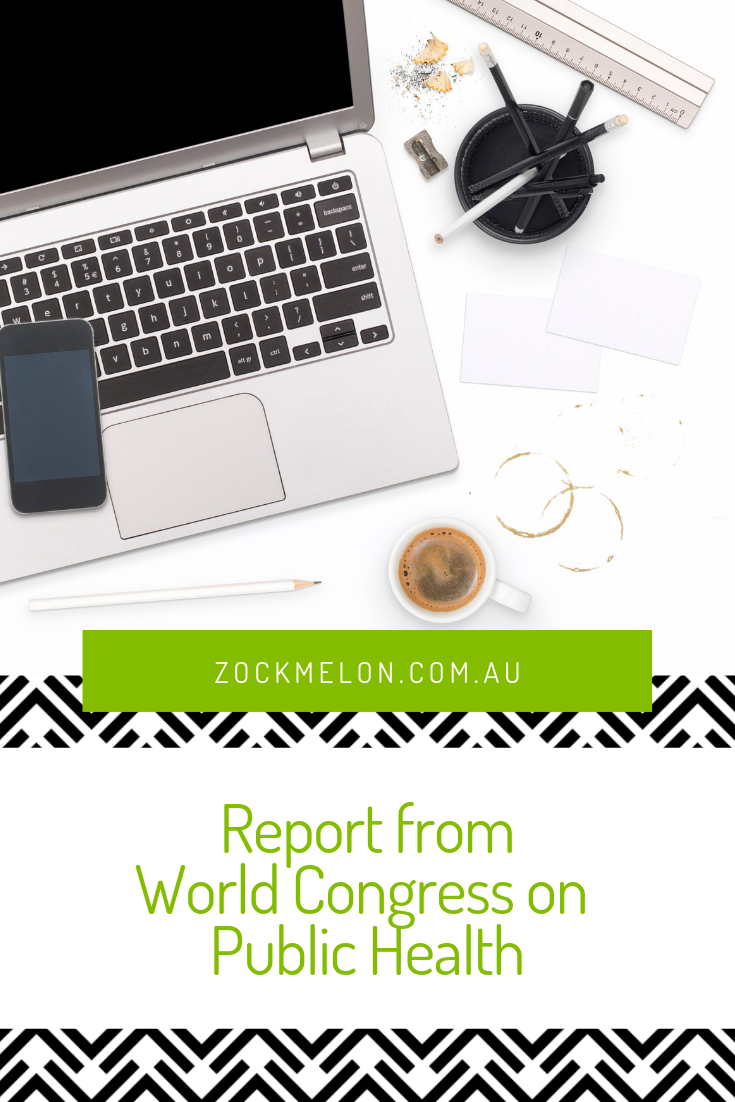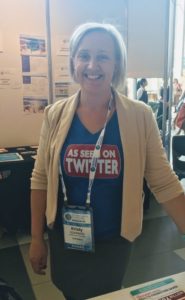“Voices, vision, action”
Reflections from the World Congress on Public Health
By Kristy Schirmer
“Voices, vision, action” set the energetic tone for the 15th World Congress on Public Health (#WCPH2017) with “action” the resonating message that we need to remember as public health professionals. Specifically, action of the political kind.
The call to advocacy action
Set in a political backdrop of conservative politics and “fake news”, World Congress on Public Health keynotes Martin McKee, Bettina Borisch and Mike Daube delivered an advocacy call to arms to delegates.
Martin McKee urged us to hold politicians and industry to account by breaking down spin and fact checking. We should not tolerate fake news in public health.
We were told we now live in a “post-fact” world where facts and stats are not enough. Rather we need a combination of head (facts), heart (emotion) and hand (motivation) in varying degrees depending on your audience.
One of the most compelling reasons to remain politically active citizens and professionals is that the rise in populist politics and fascist movements (ahem, Trump) have been built on the politically non-active. Mike Daube reminded us all that “democracy is not a spectator sport”.
In relation to local advocacy, I was also pleased to support Parents Voice with the ‘Water with That’ campaign which launched during the Congress.
Links to place and family
Aunty Jo Murphy stressed the importance of place, another theme I observed throughout the Congress. She said, quoting her father:
“You are who you are.
Be proud of who you are.
But remember, you are no better than anyone else”
Whilst thinking about links to country and family, I was so pleased to see children and babies present during the week. Thanks to the conference organisers for being accommodating of this. Family and flexibility is important in sustaining the workforce.
We might be thinking global, but we’re mostly acting local
Whilst the Sustainable Development Goals (SDGs) were clearly used as a framework by conference organisers, I wondered if in Australia we don’t generally work within a SDG framework. Rather, we think and act locally. This is perhaps a reflection of our own domestic policies and funding of population health within Australian borders.
Understanding technology is now a specialised area of public health practice
Amongst the big picture plenary sessions, we were spoilt for choice with a range of themed breakouts. I noticed that there was usually an option relating to technology, social media or apps.
It was clear that technology has an important place in public health practice. Apps and social media have become a specialised area including the growing responsibility of mediating unhealthy elements of social media such as concerning commercial marketing practices. The proliferation of the public health workforce in the Twittersphere was mentioned several times, and the Twitter feed was fast and consistent throughout the week.
Call to action for young public health professionals – but it’s not that simple
Michael Moore stated that the challenge for the next 50 years of public health will be to ensure that everyone benefits from public health action. He spoke of the workforce of the future and the younger generation were set a challenge to take on more leadership roles:
“You have the knowledge, you have the voice, take action.”
There were some tweets during the week from younger people calling for mentoring or guidance to do so, still experiencing “imposter syndrome”. This demonstrates the importance of existing mentoring programs.
Role of public health consultants
Also in the workforce theme, the Australian Public Health Consultants Network which I co-facilitate met face to face for the first time at the Congress. Consultants are an important sector within the public health workforce, filling unmet needs with specialist skills. It was pleasing to have good questions and discussions after the presentation delivered “The Era of the Entrepreneur: Public health consultants share new ways of working” (thanks to Rebecca Zosel and Leah Roman co-authors of this paper).
Lasting impressions
Public health is inherently political, but do we act it?
I was reminded of Michael Spark’s article and presentation from a conference several years ago when he stated:
“Don’t just get excited when a conference rolls around.”
We need to act on a personal and professional level regularly.
Stats and issues that I will remember from #WCPH2017
- The experience of tobacco control in the face of a “commercially produced epidemic” in Uruguay (Professor Tabare Vasquez).
- 730,000 children in Australia live below the poverty line (Cassandra Goldie, CEO of ACOSS).
- The four key challenges of public health in Africa are: 1. Reduce the growth of slums, 2. Improve waste management, 3. Combat environmental challenges 4. Reducing violent deaths (Alex Ezah).
- Paris agreement on Climate must be honoured or the Pacific will sink. Ocean acidification is happening now with Pacific Island people moving inland and wondering what to do with their ancestors buried on the coast (Colin Tukuitonga).
- 1 in 3 women around the world experience intimate partner violence and are part of the STGs (Dr Garcia-Moreno).
Thank you to the World Congress on Public Health organisers for their hard work in achieving a successful event.
I wish to thank the Australian Health Promotion Association for the opportunity to attend the World Congress on Public Health.


